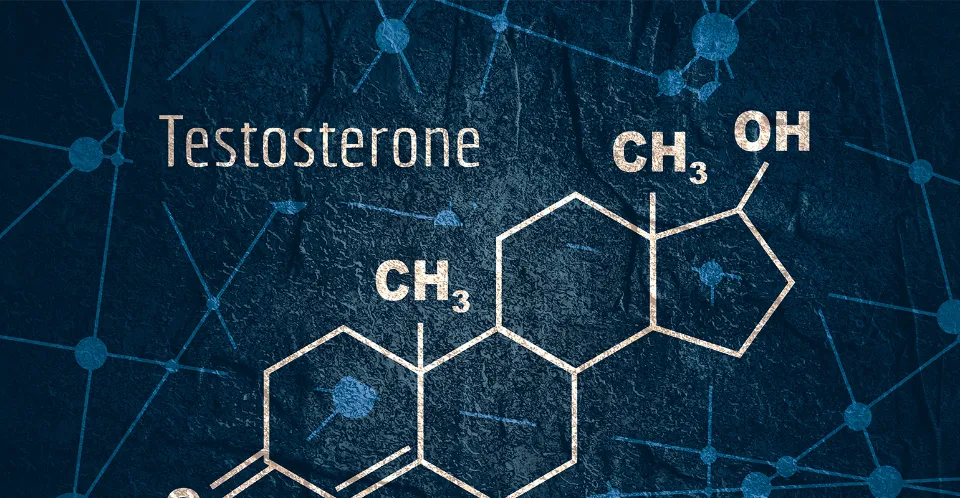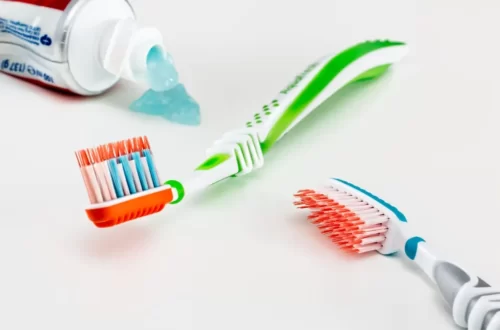
Does Testosterone Make You Taller – Vocal Transformations
Testosterone, which is the main hormone involved in male sex, is known to cause a number of changes during puberty. One feature of testosterone that is frequently linked to height growth gives rise to the notion that it can increase your height.
To elucidate the truth behind this widely held notion, we will examine the connection between testosterone and height in this article. We’ll talk about the biological processes that height growth is governed by, the function of hormones like testosterone, and the elements that affect how tall people are from person to person.
We can distinguish fact from fiction and improve our comprehension of the intricate process of human growth by figuring out how testosterone affects stature.
Does Testosterone Make You Taller?

Technically speaking, yes. The amount of t-hormone in your body could have a significant effect on your height if you’re a young child going through puberty. But in terms of height, t-level hikes won’t help a fully developed adult.
Testosterone is a crucial intermediate hormone that stimulates the pituitary gland’s production of growth hormones, increasing height as a result. This impact is primarily restricted to your adolescent years, though.
Can Low Testosterone Cause Height Loss?
You can’t expect to directly affect your adult height by having low T or suppressing your T production.
Low T levels, however, can cause osteoporosis and even a loss of bone mineral density in older adults. Due to osteoporotic fractures that may occur in the spine, the condition can also cause adult sufferers to lose height.
TRT may be able to stop the progression of osteoporosis in men in these situations by promoting bone mineral density.

In men with low T, studies show that TRT can increase spinal bone density by 5% over the course of six months. You may not experience the full benefits of TRT for at least two to three years due to the process’ slowness.
By fostering muscle development and strength, TRT can also indirectly stimulate bone mineral density. According to research, greater bone density is correlated with larger, stronger muscles.
Read More: Can Testosterone Make Your Voice Deeper
How Can I Appear Taller?
By acting in ways that give you a more assured appearance, you can appear taller. For instance, maintain good posture, wear well-fitting clothing, and refrain from slouching. By performing abdominal and back strengthening exercises, you can also try to correct your posture.
In order to maintain a healthy weight, be sure to get enough sleep and eat a healthy diet. It’s possible to appear shorter than you actually are if you’re overweight. Finally, avoid donning footwear with thick soles or high heels because they will make you look shorter. Rather, make an effort to wear footwear with a thin sole and a low heel.
What Factors Influence Height?

The main factor affecting stature is the growth hormone, which is produced in the pituitary glands. Human growth hormone (HGH) and insulin-like growth factor 1 (IGF-1) are examples of these.
The production of HGH and IGF-1 is stimulated by testosterone, despite the fact that it is not a growth hormone. This explains why elevated testosterone levels, particularly during puberty, can result in an increase in height.
On the other hand, a growth hormone deficiency could make someone shorter by interfering with the growth plate’s ability to stimulate growth.
The human growth hormone is in charge of the elongation of bones during infancy and childhood development. Children go through various stages of ongoing growth at this time in their lives.
Between the ages of two and five, children grow at a rate of 2.5 to 3.5 inches per year. For kids ages 10 and older, growth starts to slow down at about 2.5 inches per year.
They will reach their full height between the ages of 11 and 21, when they begin their pubescent phases. Their growth plates stop producing new bones around this time.
What Exercises Can Increase Testosterone Levels?
There isn’t a single exercise that will invariably raise your testosterone levels. But there are some exercises that might help your body produce this hormone more effectively. Weightlifting and other types of resistance training, for instance, can encourage muscle growth, which in turn can encourage the release of testosterone.
HIIT (high-intensity interval training) exercises can also aid in raising testosterone levels. Short bursts of extremely intense exercise are interspersed with rest periods to form HIIT workouts. Studies have shown that this kind of exercise boosts testosterone levels more than more conventional endurance exercises.
Resistance training and HIIT exercises are two options to take into consideration if you want to increase your testosterone levels. Keep in mind, though, that there are a lot of other things that can affect your hormone levels, so if you don’t also make other lifestyle changes, these exercises might not have much of an effect.

Conclusion
An essential hormone in the human body, testosterone starts to naturally decline as men age. However, certain illnesses or dietary supplements may also be to blame for low testosterone levels.
You should see your doctor if you notice that your testosterone levels are getting below normal. It is advised that you take all reasonable steps to maintain high levels of testosterone in your body because it aids in the stimulation of numerous bodily processes, including the growth of your height.
Make sure to eat foods that are high in magnesium, zinc, and vitamin D. Additionally, make an effort to exercise frequently and get lots of sleep.





Average Rating